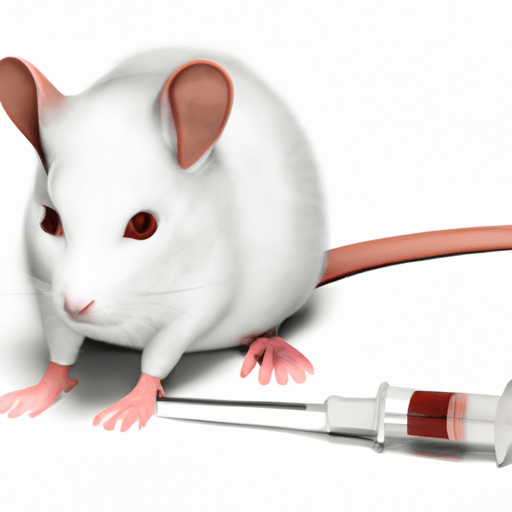The Pros and Cons of Animal Testing
Animal testing has been a controversial subject for many years. On one hand, it has allowed for significant medical and scientific breakthroughs, while on the other hand, it has raised ethical questions about the necessity and implications of testing on animals. This article will discuss the various pros and cons of animal testing, the ethical implications of such tests, potential alternatives, and the implications for the future of scientific research.
Pros of Animal Testing
One of the primary advantages of animal testing is that it has allowed for the development of many lifesaving treatments and cures. Animal testing has been used to test new drugs and treatments for various illnesses and diseases, and has been instrumental in the development of treatments such as chemotherapy and insulin for diabetes. Animal testing has also been used to develop treatments for cancer, HIV/AIDS, and other illnesses. Moreover, animal testing has been used to further our understanding of the human body and its functions, and has helped to advance science and medicine in ways that would not have been possible without it.
Cons of Animal Testing
The primary disadvantage of animal testing is the ethical implications. Animal testing raises questions about the morality of using animals for scientific research, and many people believe that it is cruel and inhumane to use animals for such purposes. Additionally, animal testing can be unreliable, as animals may not respond to treatments or drugs in the same way that humans do, and thus the results of animal testing may not be applicable to humans. Furthermore, animal testing is expensive, time-consuming, and can be cruel, as animals may be subjected to painful tests and procedures.
Ethical Implications of Animal Testing
The ethical implications of animal testing are complex and highly debated. On one hand, animal testing has led to many medical and scientific breakthroughs that have improved the quality of life for humans. On the other hand, animal testing raises questions about the morality of using animals for scientific research, and whether or not the potential benefits of such tests outweigh the potential harm to animals. Ultimately, this is a decision that must be made on an individual basis.
Alternatives to Animal Testing
There are several alternatives to animal testing that are being explored and utilized by scientists and researchers. These alternatives include in vitro testing, computer simulations, and microdosing. In vitro testing involves testing on cells or tissues that are grown in a laboratory rather than on live animals. Computer simulations use mathematical models or computer programs to simulate the effects of various treatments or drugs on the human body. Microdosing involves the administration of small doses of a drug on humans, which can provide valuable data without posing a significant risk to the individuals involved. Furthermore, there are organizations such as PETA and the Humane Society that are working to end animal testing and promote the use of alternatives.
Implications for the Future of Scientific Research
The future of scientific research is highly dependent on the use of animal testing. Animal testing can provide valuable data that can lead to medical and scientific breakthroughs, and thus its use is essential for the advancement of science. However, it is important to consider the ethical implications of animal testing and strive to find alternatives that are more humane and reliable. The development of such alternatives will be crucial for the future of scientific research and the potential impact of animal testing on our society.
















Comments
Leave a Comment